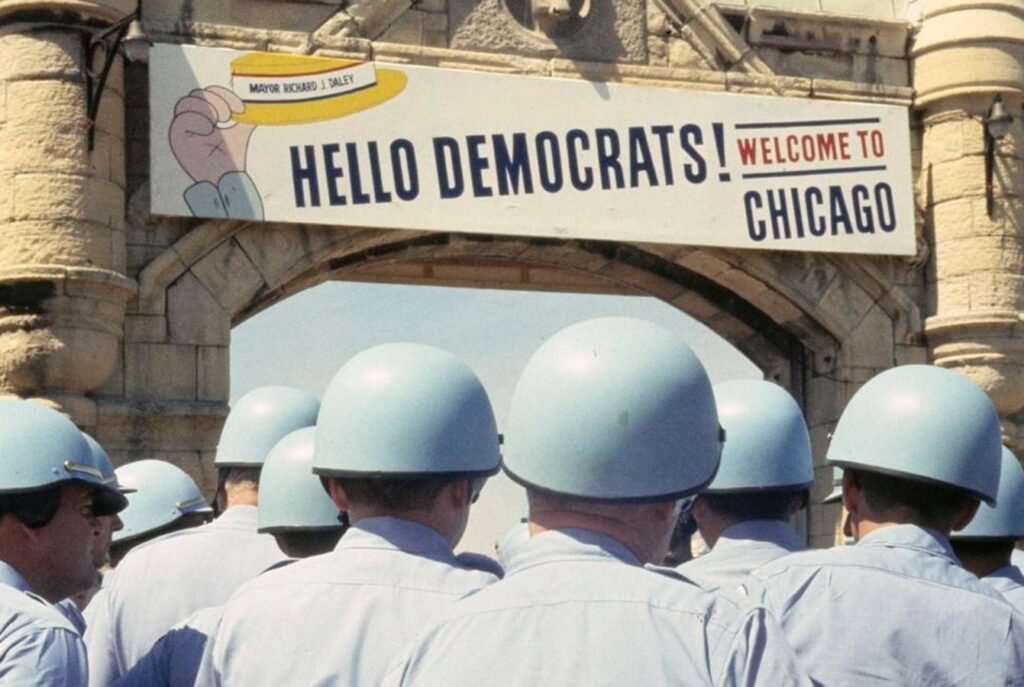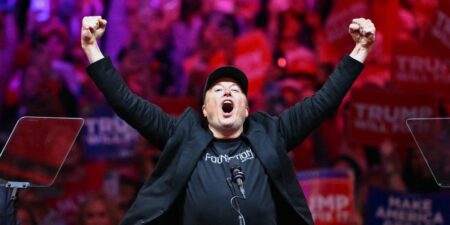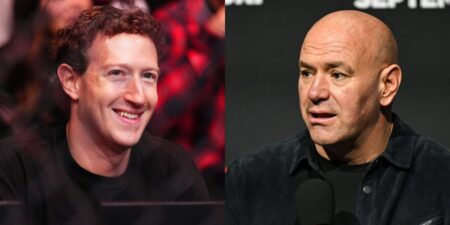Fifty-six years ago, the city of Chicago descended into bloody madness, and America apparently never learned its lesson because we could be headed for a repeat.
In August 1968, thousands of anti-war protesters gathered near the Democratic National Convention and surged toward lines of helmeted police bearing clubs and tear gas. The protestors called them “pigs” and threw rocks and bags of manure at the men in blue.
Chicago Mayor Richard Daley unleashed waves of enraged, unprepared, and undertrained police on the crowds, who arrested and injured hundreds. An official investigation termed their response “a police riot.”
A few days after the convention, I ran into a friend who had been an anti-war delegate. He was in high spirits. The disturbances in Chicago, he said, would catalyze the center in America and lead to the end of the Vietnam War and Democratic victory in the 1968 election.
Boy, was he wrong. Most Americans who live in the political center prefer incremental and constructive change rather than extremists’ radical and destructive change.
The televised violence in Chicago in August 1968 led many Americans to conclude that the Democratic party could not control extremism and violence. In November, it was Richard Nixon, the Republican law and order candidate, who won the presidency. The Vietnam War continued for another seven years.
This summer, it is chilling to hear the glee of anticipation from far-left activists as they plan demonstrations at next month’s Democratic convention, which will be held again in Chicago. In particular, pro-Palestinian demonstrators who use phrases like “Genocide Joe” Biden and “From the River to the Sea, Palestine will be free” plan to turn the convention into a showcase for their cause.
The authorities in Chicago have said they will not let demonstrators near the convention site, and protesters continue to say they will challenge that ban. Once again, confrontation is in the air. Now, Washington and much of the country are understandably fixated on whether President Biden will continue as the party’s nominee after his disastrous late-June debate performance. But what happens outside the convention hall later this summer – no matter who the nominee is – could profoundly shape the election in November.
Of course, most Americans today have no memory of the election year 1968. But it offers important lessons. Here are three that people may want to consider as the party conventions approach later this summer.
1. The party that seems most in the thrall of extremists is the most likely to lose the White House.
This is true for Democrats if their convention devolves from a show of party unity into a street confrontation between radicals and the police.
However, Republicans, who hold their national convention in Milwaukee in July, should also be aware of this. Some in the MAGA right are just as provocative and off-putting as the leftist radicals of 1968, and their calls for revenge and retribution against Democrats could quickly turn off key swing voters. Studies find a disconcertingly high share of Republicans predicting the coming of a second American civil war or justifying the use of violence when it comes to specific political issues. That is scary talk, even more so when you consider the horrific events of January 6, 2021.
Those right-wing extremists echo the YIPPIE leader Abbie Hoffman in 1968, who enflamed an already tense city by falsely claiming the YIPPIEs were going to put LSD into Chicago’s water supply system.
Many voters at the time – including the mayor of Chicago – took such rhetoric literally.
2. Americans are fed up with extremism and hungry for commonsense solutions to their problems.
Polling over the last twenty years shows that a growing share of Americans believe our major political parties are becoming too extreme. According to an Economist/YouGov poll in June, only 24 percent of Americans believe the country is on the right track, while 68 percent believe the country is moving in the wrong direction.
While much of Washington obsesses over scandals and investigations, Americans are laser-focused on the issues that directly impact their wealth, health, and well-being. A recent Gallup Poll asked Americans what issues concerned them most and found those issues were inflation, crime and violence, hunger and homelessness, the availability and affordability of healthcare, and the unsustainable budget deficit.
The high cost of groceries, housing, and mortgages is far more likely to stimulate voters than whatever the extremists are raging about on cable news on any given day, and there is growing evidence voters have reached their breaking point with the radicals in Congress: Last month, Rep. Bob Good – the chair of the far-right Freedom Caucus – likely lost his Virginia Republican primary (he’s contesting the results). Meanwhile, left-wing firebrand Rep. Jamaal Bowman lost his New York Democratic primary, just as his “Squad” compatriot Mondaire Jones did in 2022.
3. It may feel good to you. But are you helping others?
So much of American politics has become performative, dominated by people for whom political action provides personal pleasure so thrilling that they keep on doing it even when it hurts their cause.
An excellent example of this destructive behavior came in November 1969, when half a million anti-war protesters gathered in Washington, DC. For most participants, the goal was to convince the public and Congress to end the Vietnam War.
But a small contingent of confident radicals in the crowd took down all the American flags surrounding the Washington Monument. They replaced them with the flags of the communist Viet Cong.
That begged the question: How many American voters were going to be moved against the war by images of a communist takeover of Washington DC?
The radicals’ political actions were little more than selfish pleasure-seeking. They enjoyed themselves but undermined the cause they claimed to be fighting for. Passion and pragmatism don’t have to be at odds. In early 1968, liberal supporters of Senator Eugene McCarthy famously launched their “Get Clean for Gene” campaign, in which they cut their hair and beards to create a more broadly appealing image to the American public. Too many activists today seem to prefer bullying, intimidation, and other tactics that seem tailor-made to turn off large swaths of their fellow Americans.
I hope we avoid that kind of extreme politics at the party conventions this summer and in the campaign this fall. Whichever party is most effective at marginalizing the radicals on its own side and focusing on the issues Americans really care about will likely win the White House in November.
After all, we are a country of centrists and part of the greatest democracy in the world’s history. It is now our responsibility to ensure that we stay that way.
Read the full article here
















